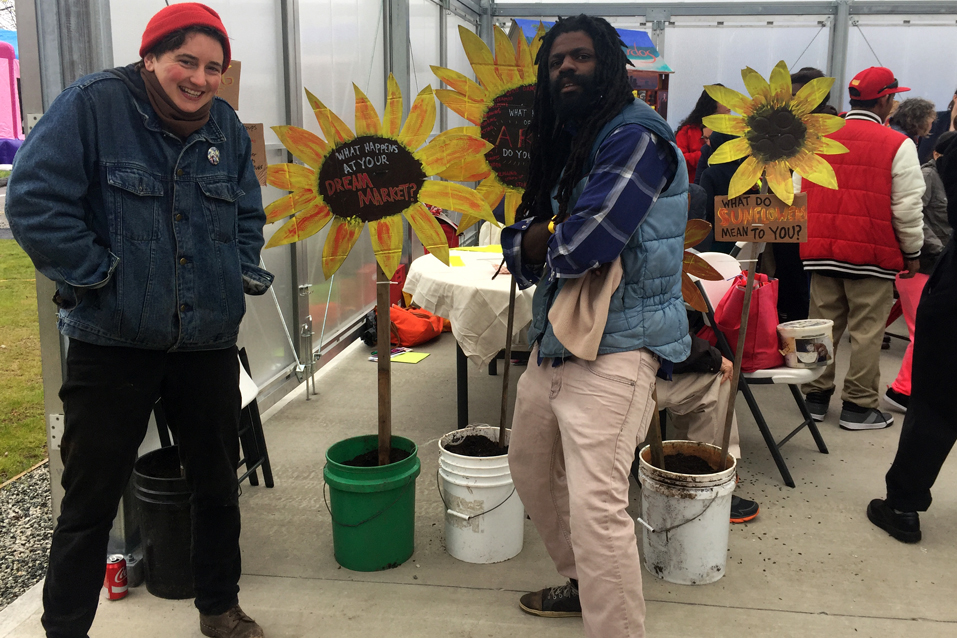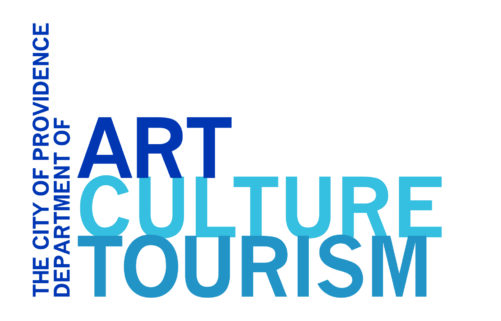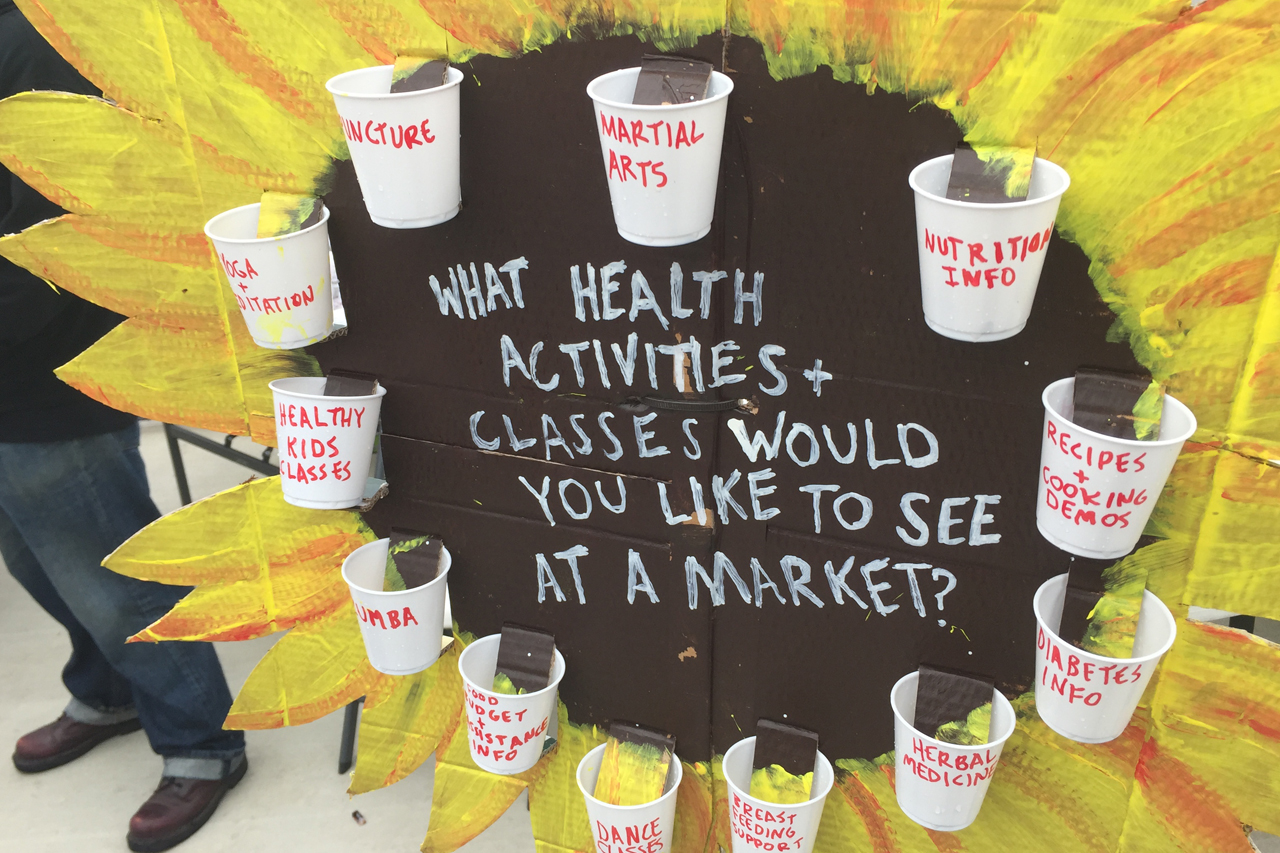Sowing Place Update
Over the last year, AC+T has been working in partnership with the City’s Healthy Communities office, the African Alliance of Rhode Island (AARI), Environmental Justice League of Rhode Island (EJLRI), Southside Cultural Center of Rhode Island (SCCRI), and the West Elmwood Housing Development Corporation Sankofa Market (Sankofa) on Sowing Place, a creative placemaking initiative designed to connect food, health, art, and economic development. Our monthly meetings always opened with poetry and fresh bread brought by our artist facilitators Laura Brown Lavoie and Vatic Kuumba, and piloted arts-integrated market events helped partners experiment new ways to work together. This planning grant, funded by a FreshLo award from the Kresge Foundation, allowed us to deepen and interweave our organizational relationships and priorities, and build upon our shared values and learnings.

Creative strategies for cultural shifts:
Our project demonstrated the importance of having a planning phase that is community-driven and facilitated by artists who employ creative strategies to: create a safe space for ideation, break down barriers in communication, generate a sense of commonality through shared experience, and hold all participants accountable by modeling and responding to deep listening. We believe that art, and the artists, cultural-bearers, and creatives that make art, are central to any cultural shift, including community development. Artists are key to helping neighbors communicate, empathize, and alter modes of operating in order to find common goals and the strategic points of synergy that propel systems change.
Collaboration and Consensus-based decision-making:
We believe that we must take the time ensure that all voices are heard and that our project designs are reflective of the needs, capacities, and questions that arise in the room. This means taking time and committing to process. This commitment requires an astute balance; we may agree to disagree and find a way to move forward, should it allow us to achieve our shared goal.
Equitable distribution of project funds and workload:
As City departments who are acting both as grantees and grant makers through this work, we understand that not all partners will enter into the budgetary process at similar points in their organizational development. We also understand that all participants must be paid for their time and expertise in this process, and that funds are to be distributed based upon the work each person/organization provides.
Interlocking at the root, rather than focusing on the fruit:
We are committed to building upon deeply rooted cultural structures to bust silos, ensure collaboration, strengthen communication, share strategies, and operate with nuance. Too often project development focuses on the shared fruit, or the end product. To dive in together for the long haul, we must ensure our process, our soil, is nutrient rich, so that we can follow an equitable and sustainable path. This means prioritizing partnerships with local organizations that are led by people of color and have demonstrated deep and respectful engagement with the neighbors and neighborhoods they support. It means building networks and finding synergies by working from our and catalyzing our collaborative work by supporting what each of us does best, and is within our capacity to undertake. It means recognizing opportunity to continue working across and through City departments, initiatives, and policies.
Creating a culture of health:
Our project focuses on upstream systems to address the social and environmental determinants of health: inequitable food access, economic inequality, and lack of social cohesion. We understand that safe spaces for joy and cultural expression are cornerstones of community health. We understand that cultural preservation and intergenerational connections fostered in the gardens and at the markets are markers of good health. We understand that an individual’s ability to grow and sell foods to support their family is a marker of good health. These public health values run parallel to programmatic health interventions addressing chronic diseases and other maladies.
Val Tutson, ED of RI Black Storytellers and a partner in Sowing Place noted that we should think of our project as a weaving exercise, one where each individual organization keeps its color while it becomes interwoven with the others. Our implementation plan outlines how we will equitably invest in staff and capacity building, to ensure that project partners are well-suited to the work they are doing and can strengthen their partnerships with one another. Our aim is to move both municipal and community partners away from working in silos and foster collaboration that supports a bigger vision for the neighborhood, while equitably distributing resources to make it happen. To do this we are working with our City colleagues to explore new and reimagined interdepartmental relationships, generate more dialogue, arrive at clarity, and collaborate on planning for projects and investments in our neighborhoods so that City initiatives are more in sync, better resourced, and reflective of authentic needs and values.

